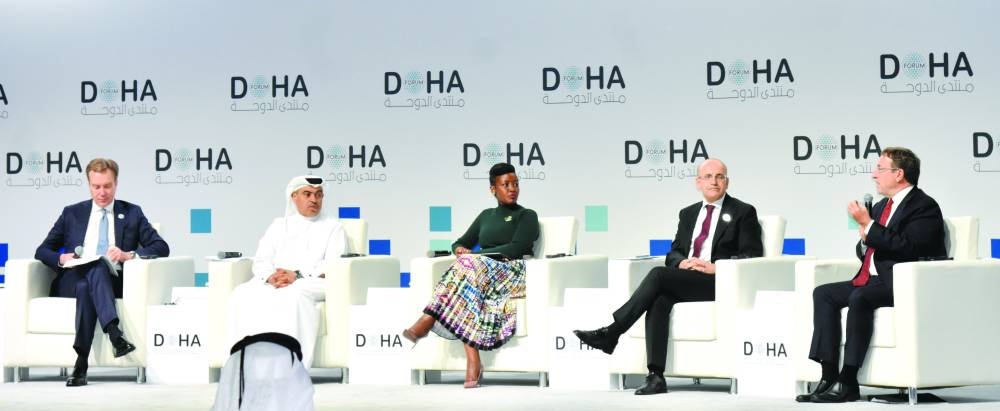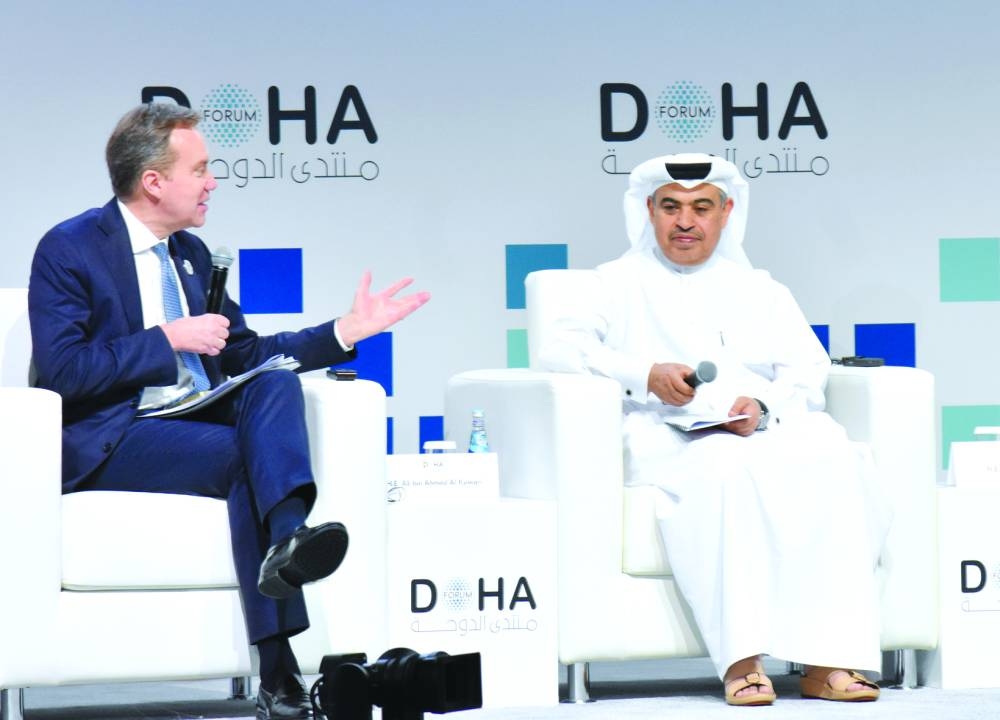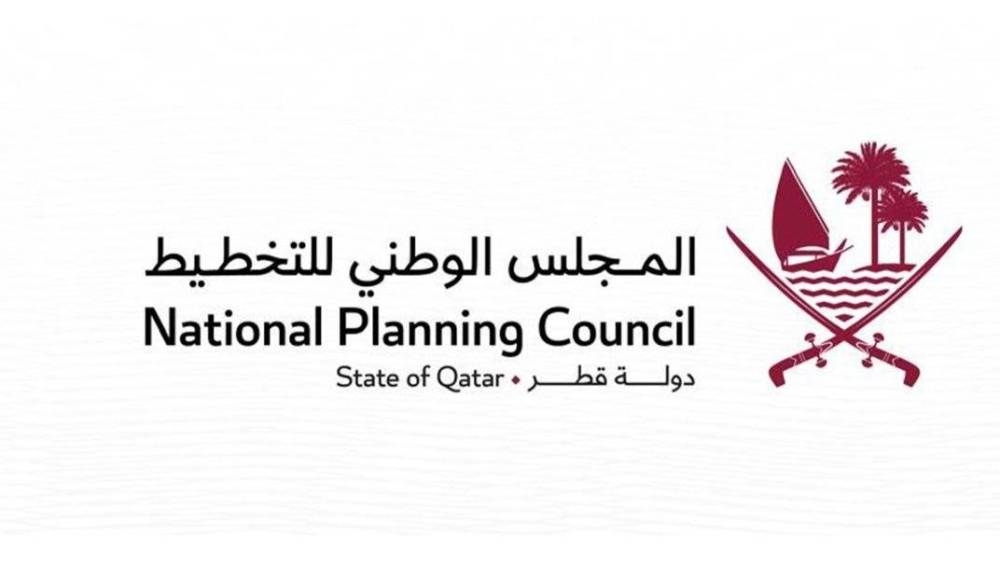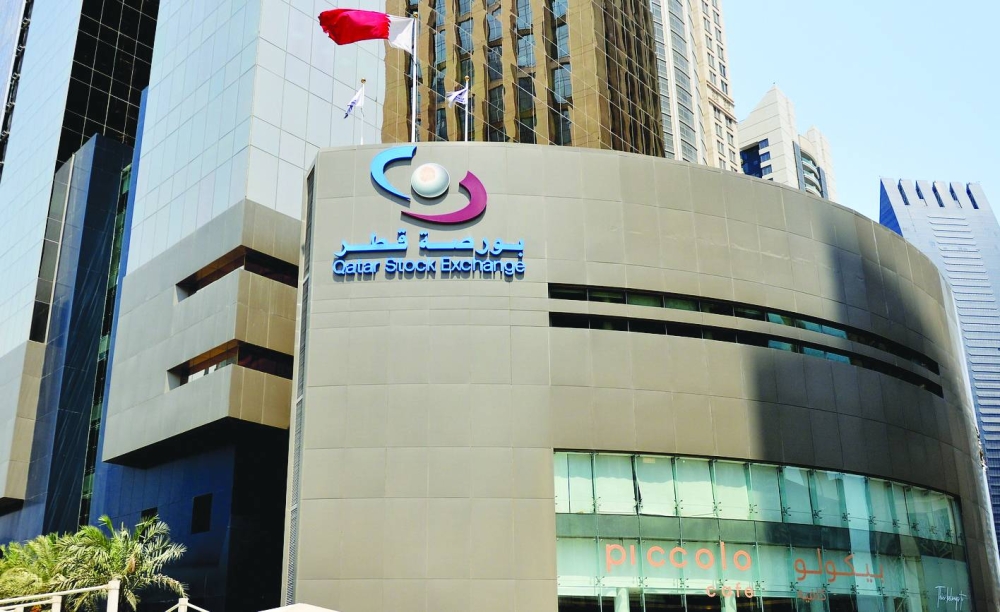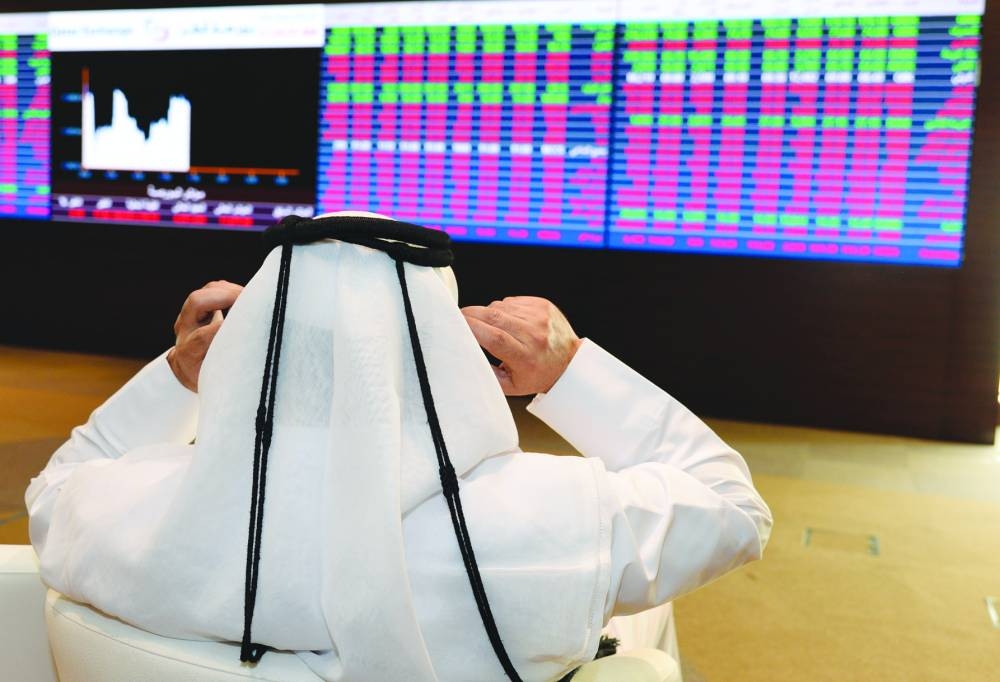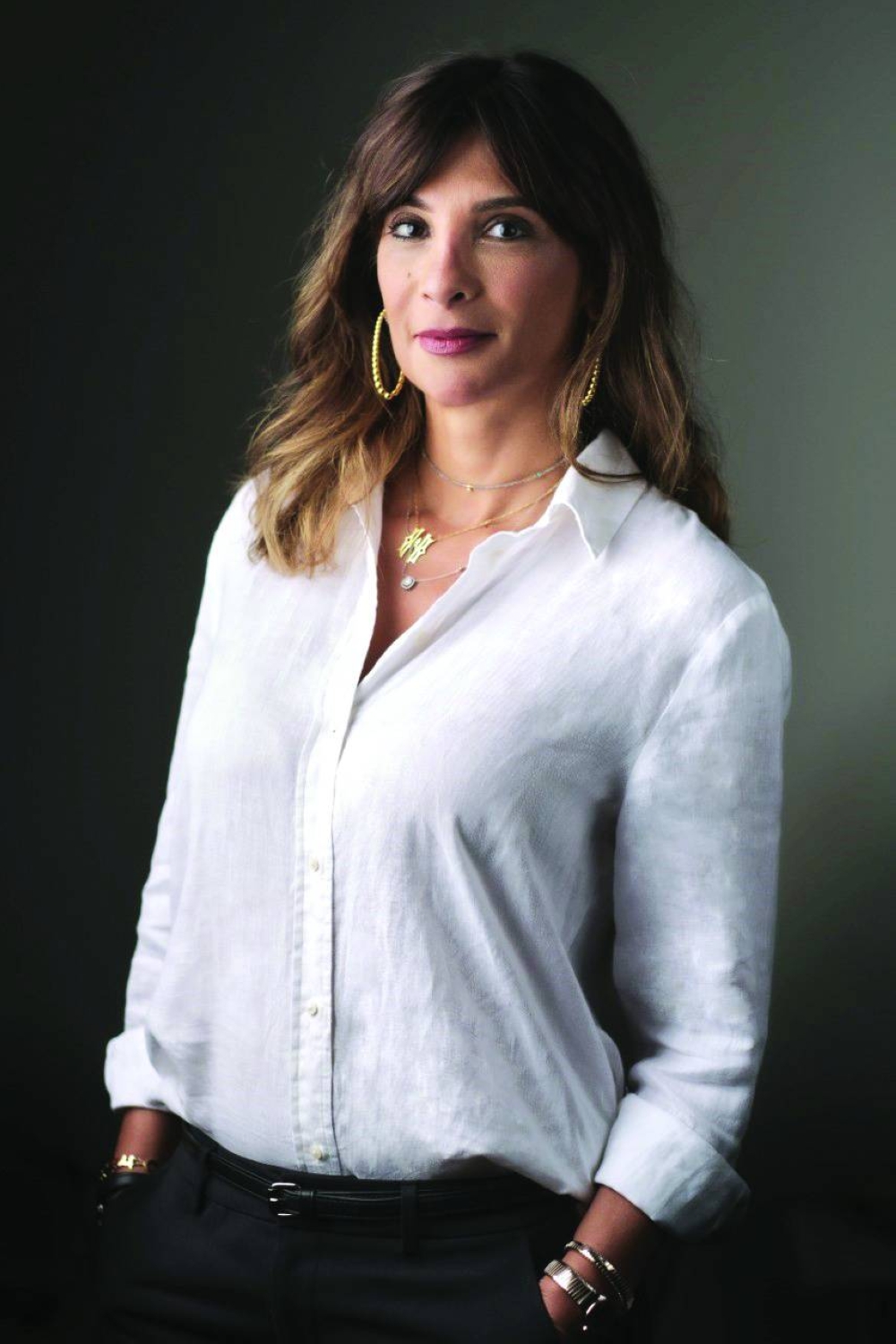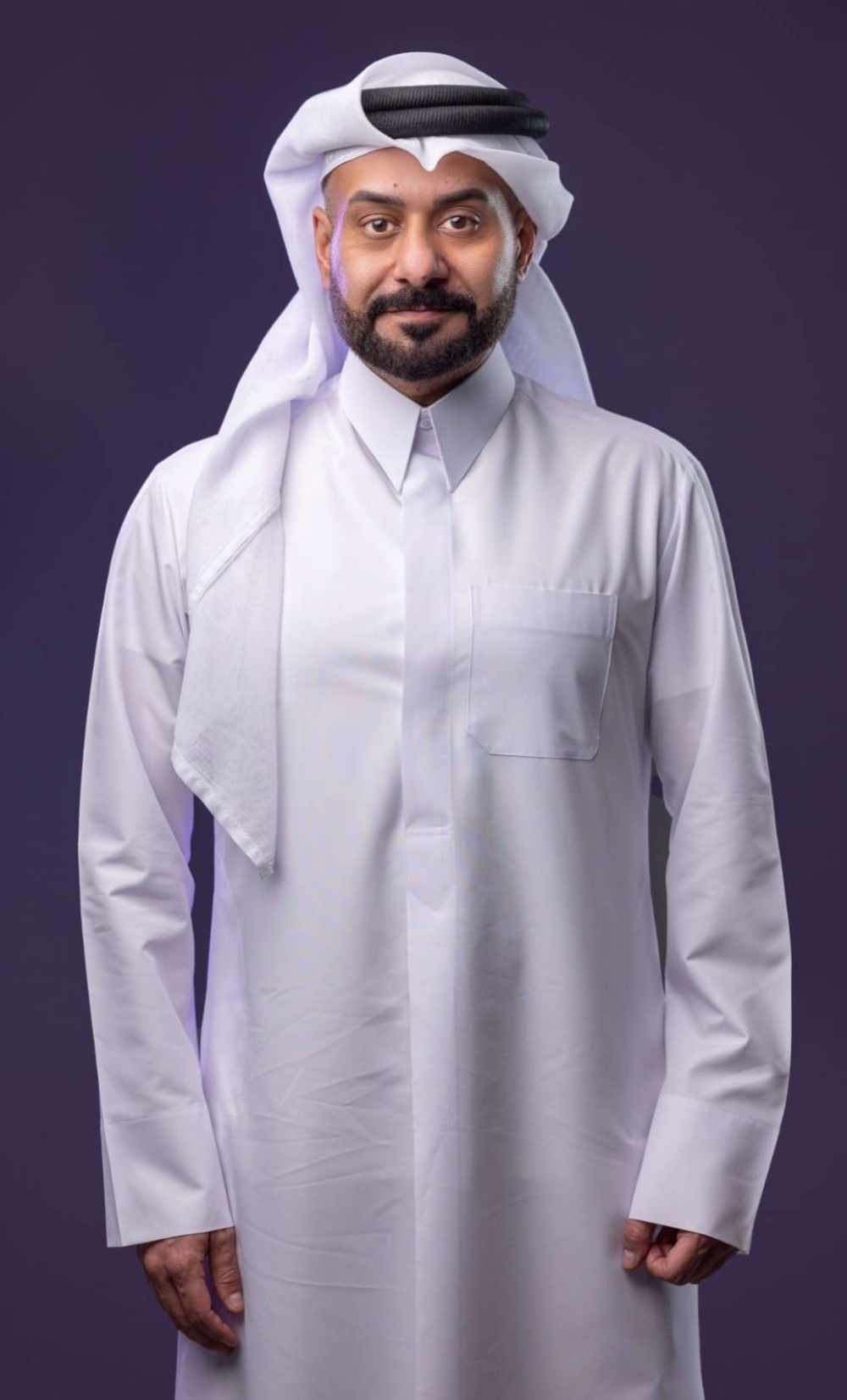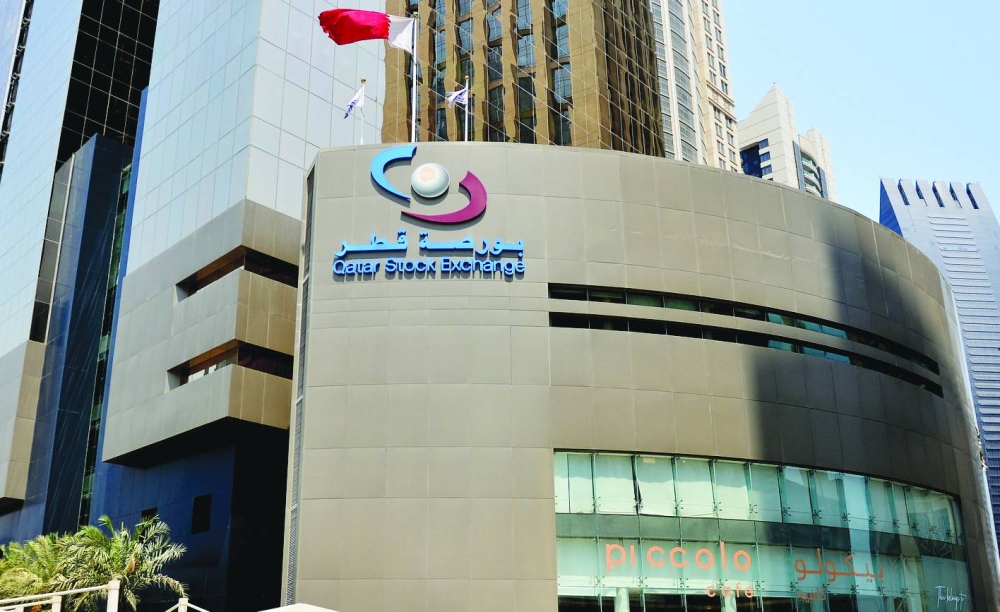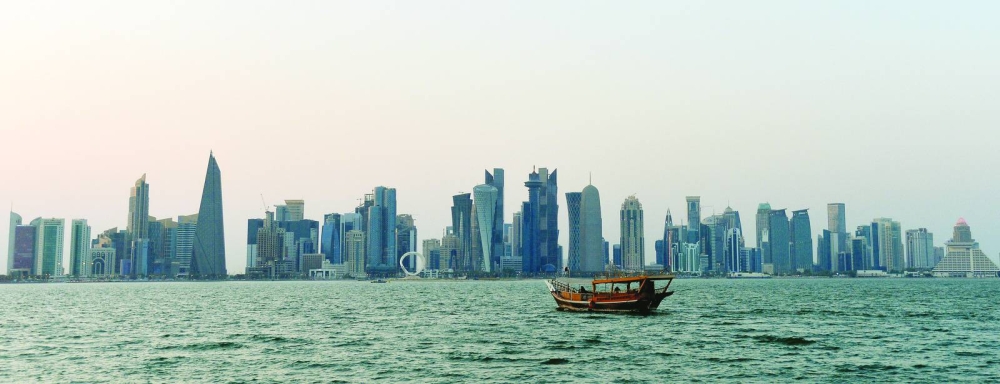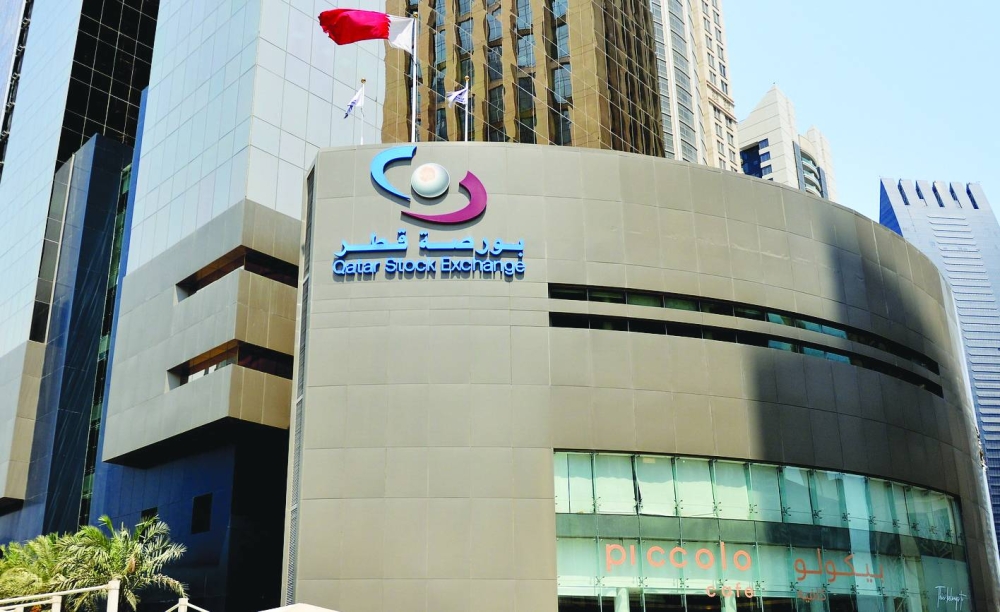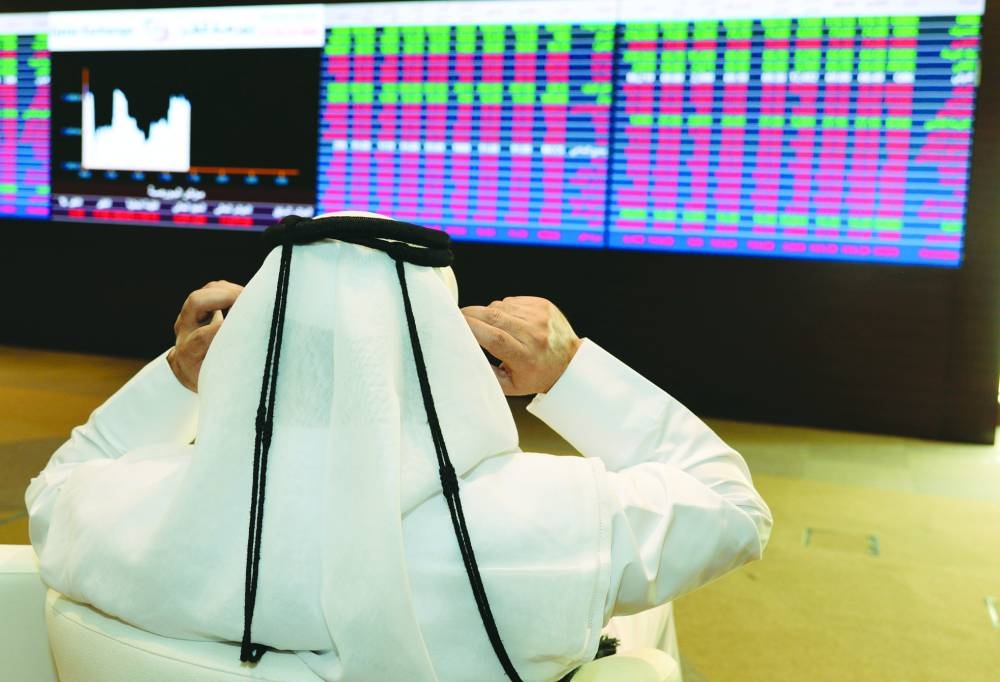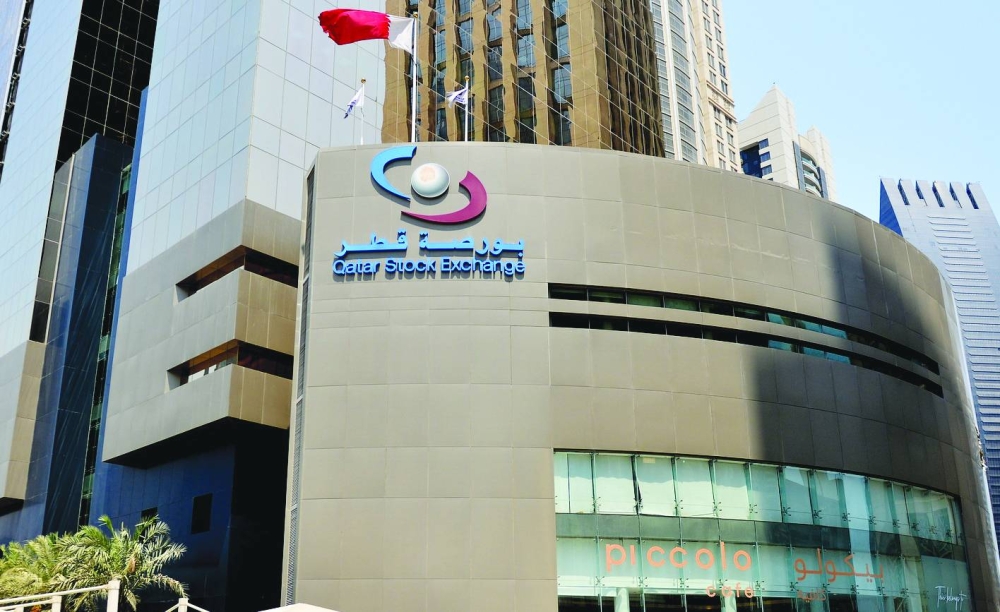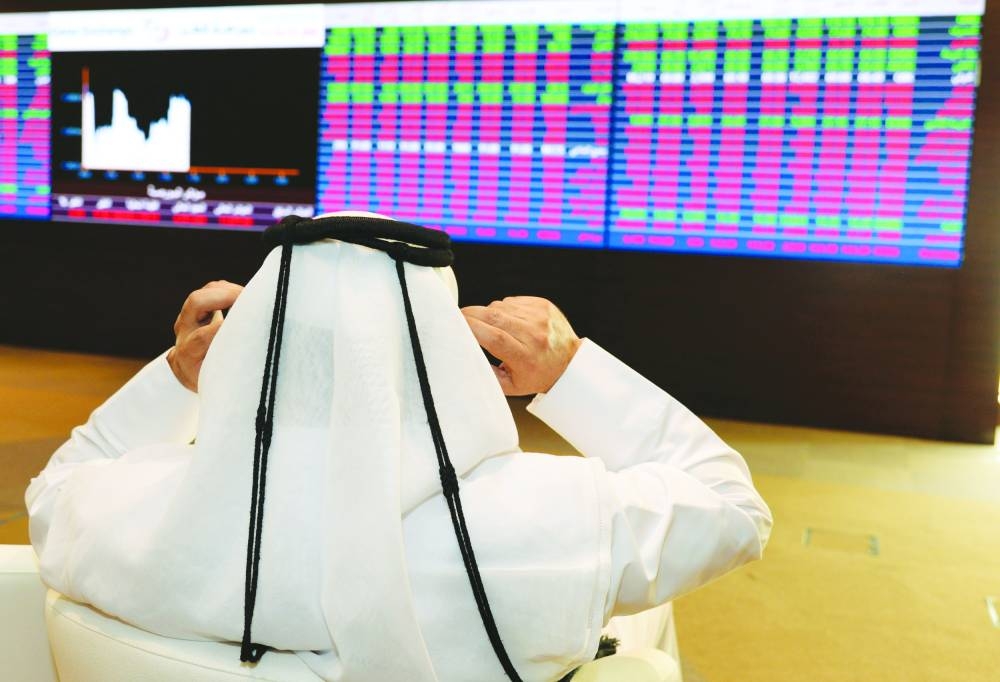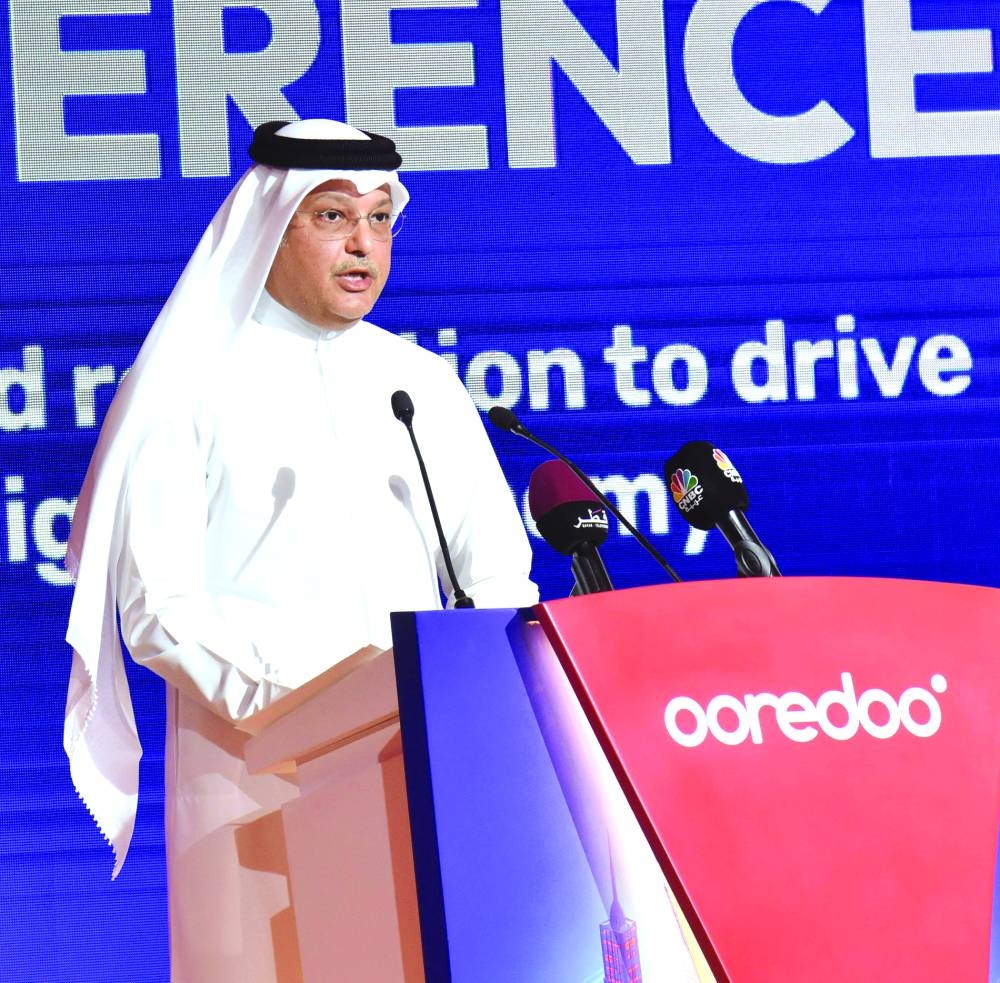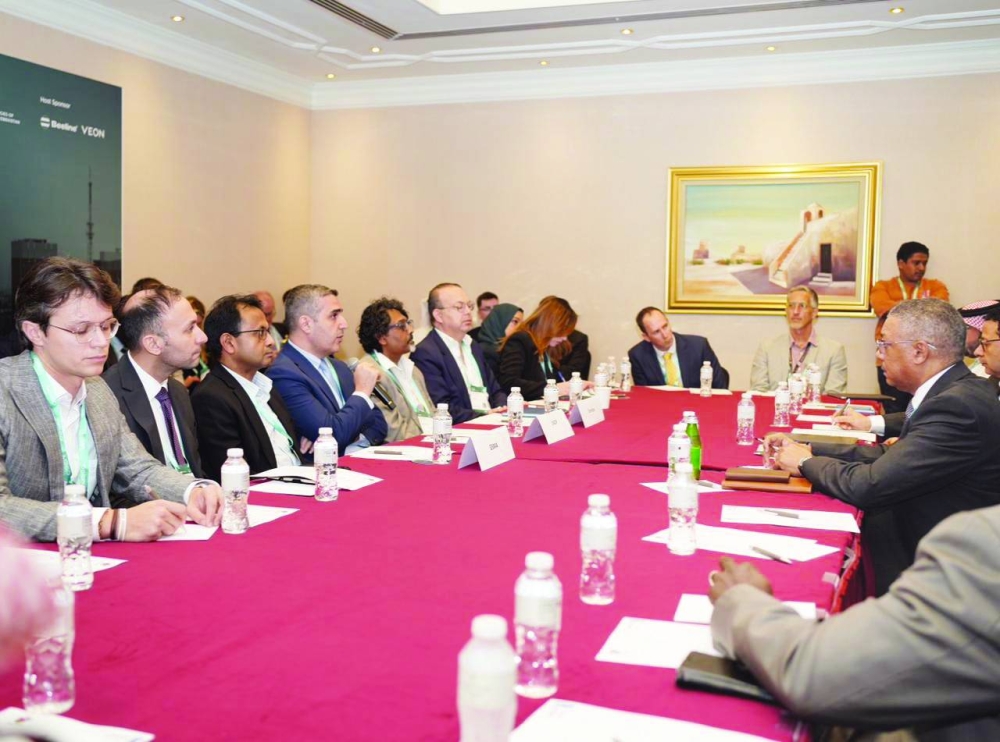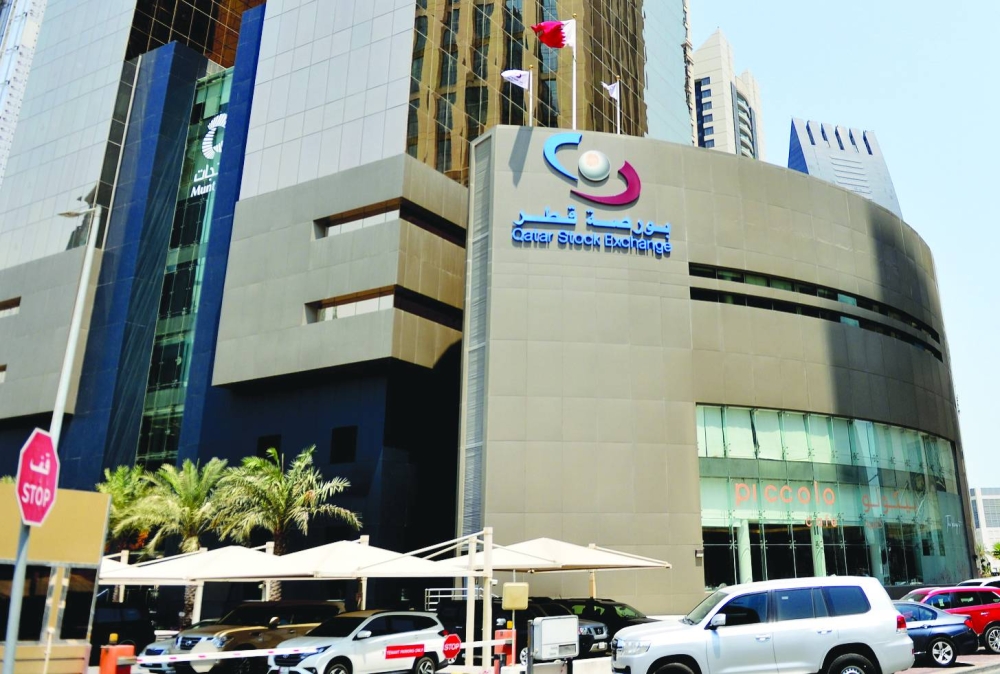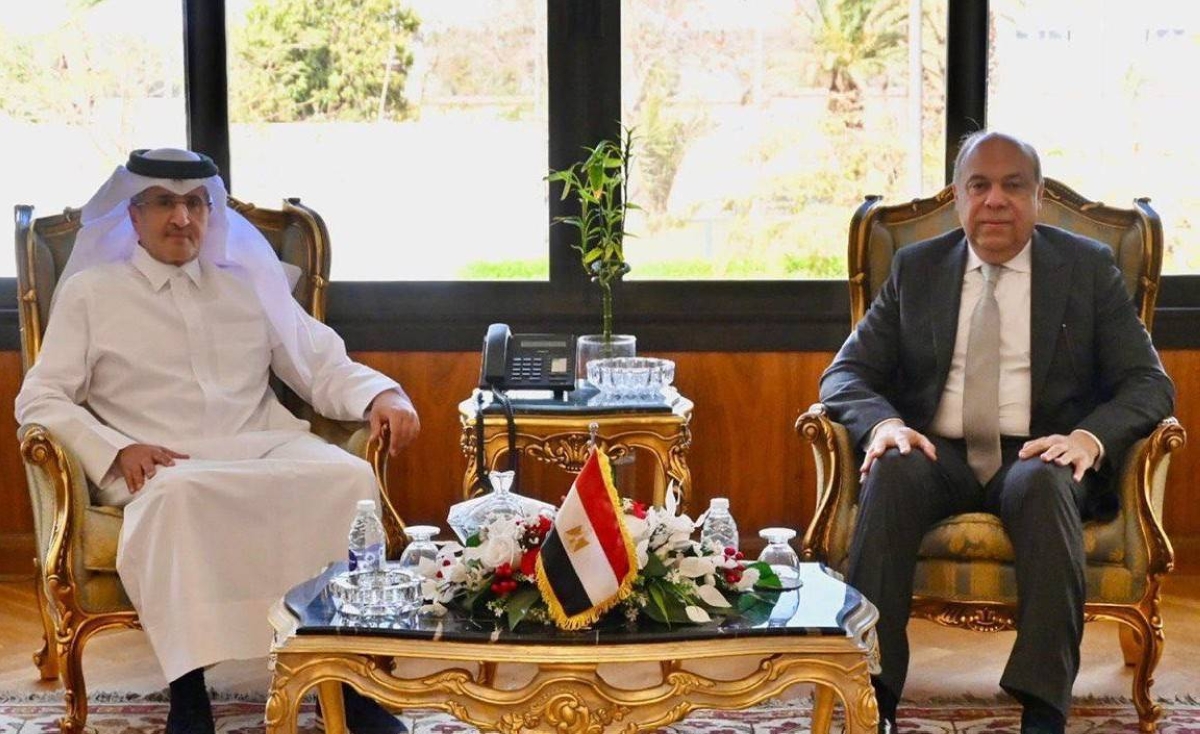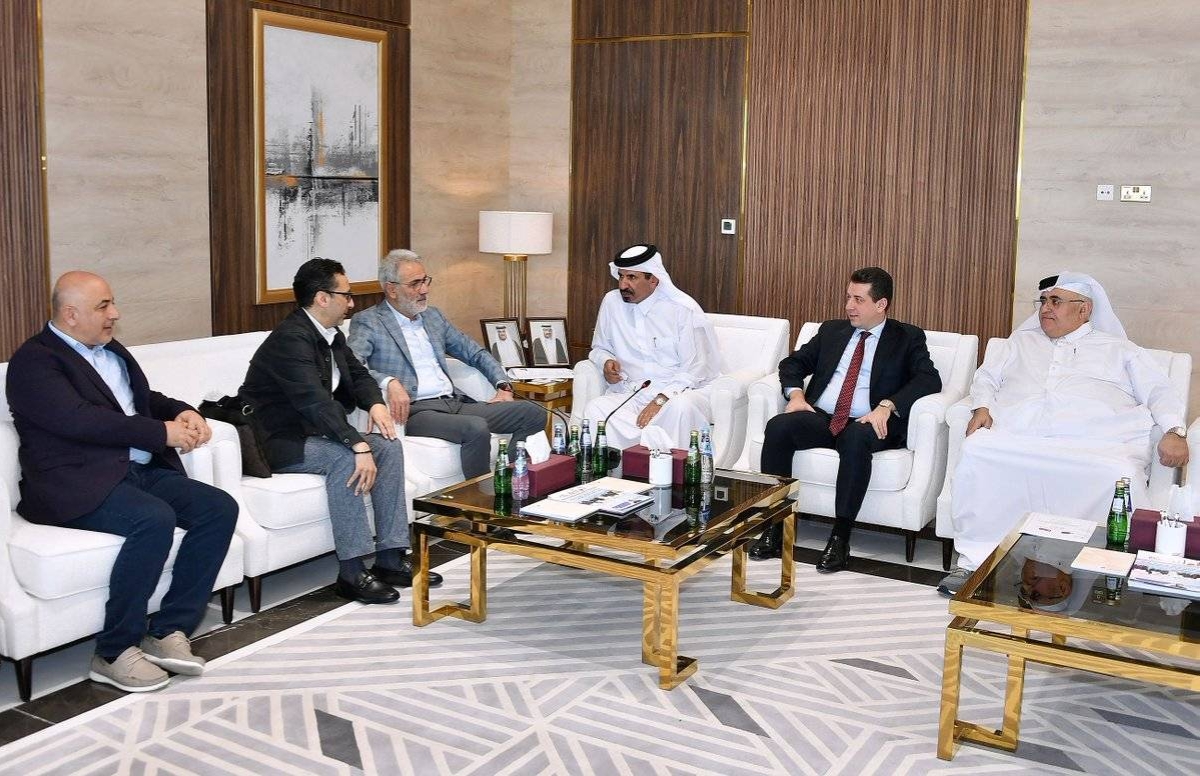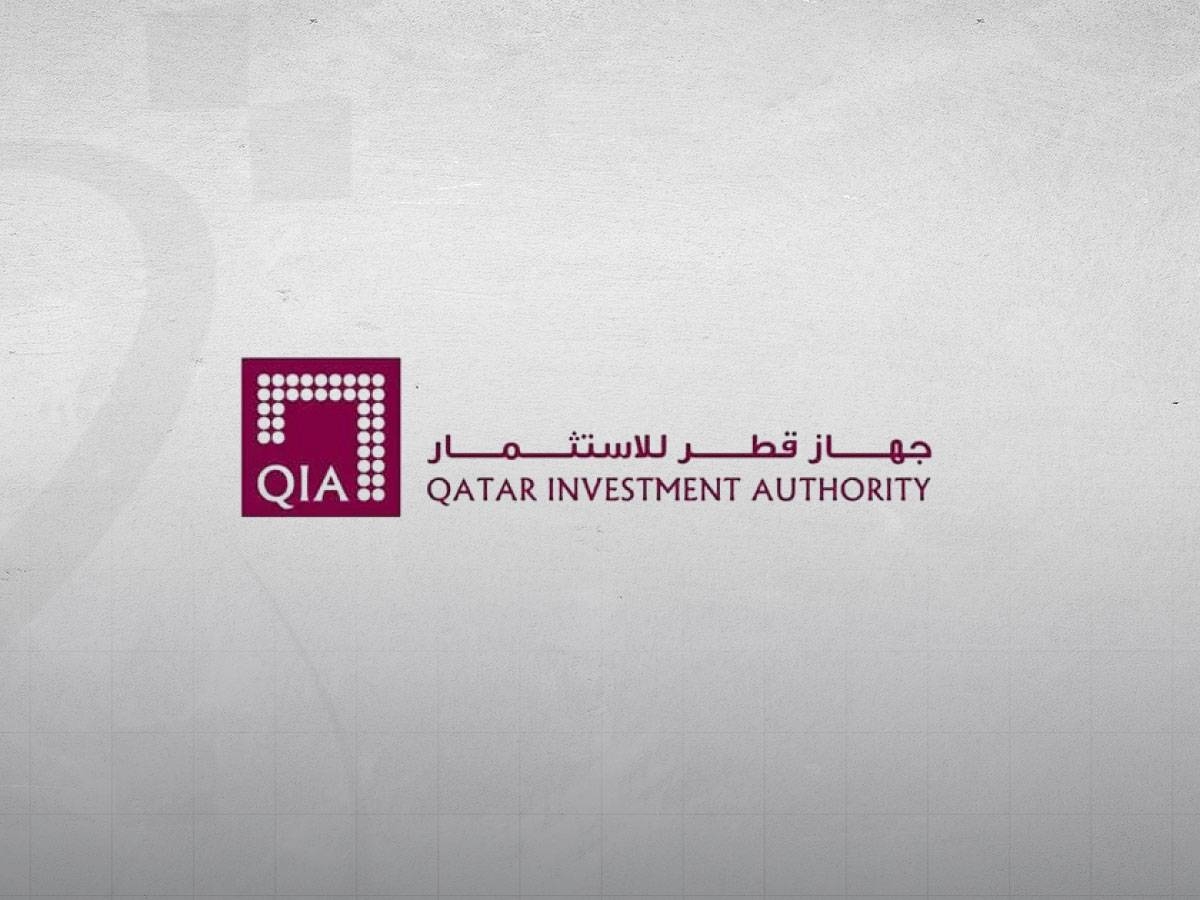Technology sits at the heart of the industry and is one of the key sectors to be used for achieving economic diversification of Qatar, which has already rolled out $2.5bn of incentives to encourage innovations and digitisation, HE the Finance Minister Ali bin Ahmed al-Kuwari on Saturday told the 22nd Doha Forum."Definitely this is the anchor...As part of our Third National Development Strategy toward Qatar Vision 2030, technology sits at the heart of our industry," al-Kuwari said at one of the panel sessions at the Doha Forum, which was moderated by Borge Brende, the World Economic Forum president and chief executive officer.Highlighting that the key growth is coming from technology, AI (artificial intelligence) and innovations; he said technology is no longer seen as a necessity only for improving processes but now it is viewed as a necessity to achieve economic growth."The role of technology is changing. And it's basically who has it today, they have the growth; who doesn't have it, they lost it," he said, referring to the critical importance of technology and innovations.In this context, the minister said Qatar has already pledged multi-billion dollar incentives to encourage innovations, digitisation and AI.At the Qatar Economic Forum 2024, HE the Prime Minister Sheikh Mohammed bin Abdulrahman bin Jassim al-Thani had announced $2.5bn in incentives to advance the country’s programmes in AI (artificial intelligence), technology and innovation.Al-Kuwari highlighted the $1bn fund-of-funds to attract funds from the region or overseas to establish the business in Doha.The Qatar Investment Authority’s (QIA) $1bn ‘fund-of-funds’, could catalyse venture capital (VC) activity in the country, experts said, adding the impact of the fund-of-funds extends beyond direct investments.Highlighting Ooredoo's $1bn investment in expanding data centre capacity and also its tie up with the US-chip maker Nvidia; Google Cloud Center of Excellence and Microsoft Azure establishing in free zones; the finance minister said, "We see Qatar already taking the position, and the opportunities are tremendous.""We are in a good position to leverage in that. Qatar has one of the fastest Internet speeds in the world, whether it's a mobile or fixed line. So this really gives us, a good opportunity," he said.Qatar has identified six critical factors – which include national innovation strategy, high research and development (R&D) levels and diverse funding options for SMEs (small and medium enterprises) – for establishing and maintaining a successful startup ecosystem, according to Invest Qatar.

Santhosh V. Perumal
Santhosh V. Perumal, a postgraduate in Econometrics with an advance qualification in Capital Markets and Financial Services, is Gulf Times' journalist. His coverage areas are debt and equity, hydrocarbons, international trade, environment, banks, insurance and real estate. Previously, he was in New Delhi, India as Senior Finance Correspondent of PTI.
Most Read Stories

